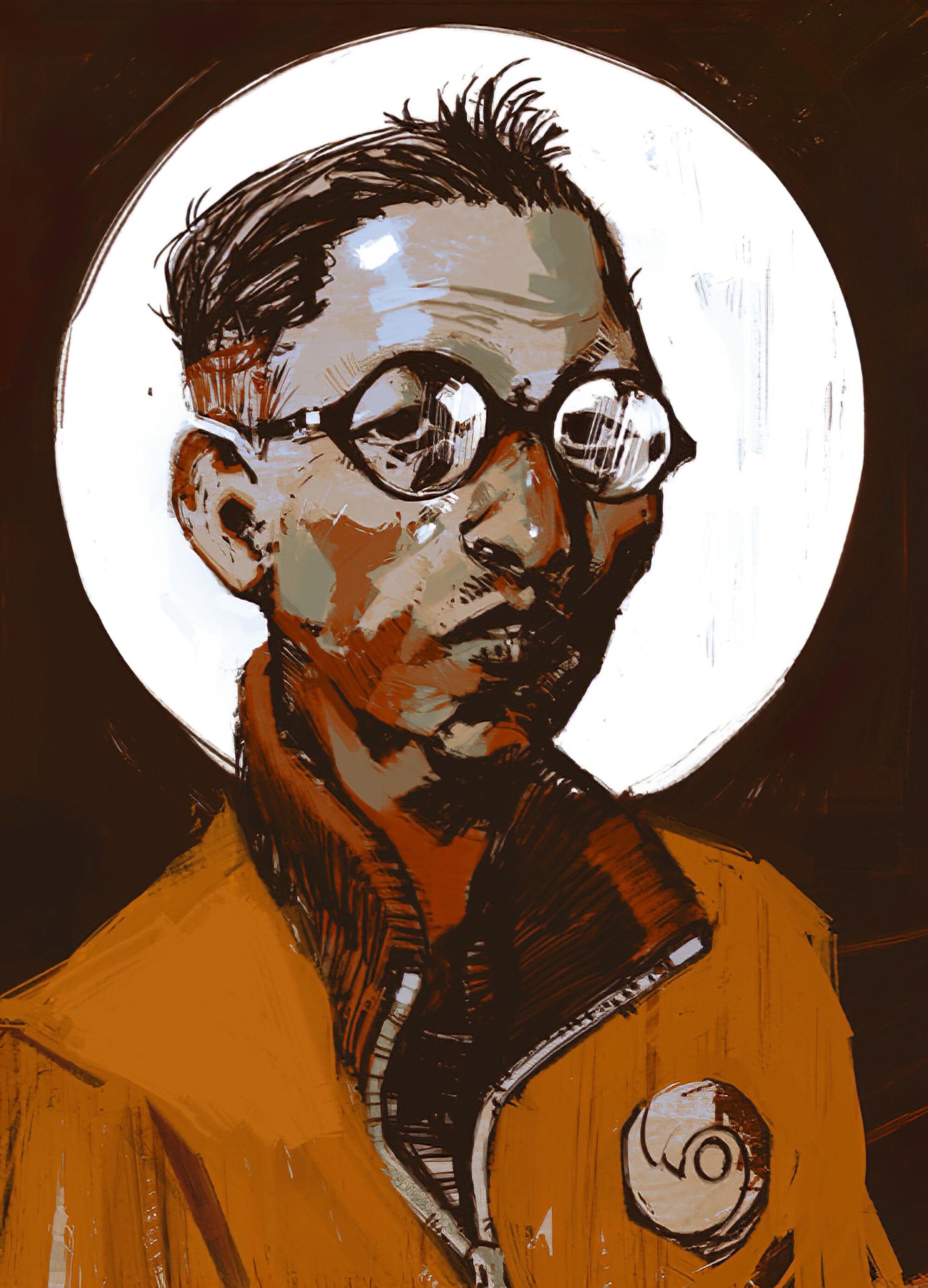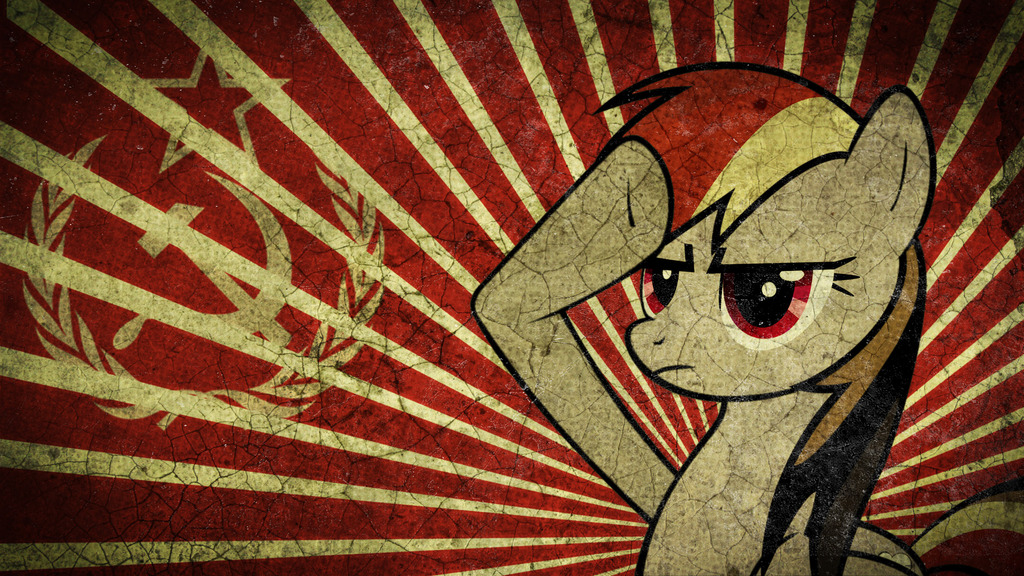After studying DPRK wages and prices for a while, I wanted to make a comparison between the economic life of a north Korean coal miner in North Hamgyong Province compared to one in West Virginia, USA.
Working conditions
Workweek
DPRK: 6 hours/day, 6 days/week (36 hours) Source: Article 30, DPRK constitution caps the working day at 8 hours. For harder professions (like coal mining) the hours are reduced.
USA: 10 hours/day, 5 days/week (50 hours)
Paid Time Off
DPRK: 52 weekends + 71 national holidays + 28 PTO = 151 days
Source: 6-day workweek: The documentary My Brothers and Sisters in the North National Holidays: https://www.youngpioneertours.com/north-korea-holidays/ Paid Time Off: https://archive.org/details/DPRKTexts/Education/Secondary/6/socialist_morality
US: 104 weekends + 11 national holidays = 124 days
% unionized
DPRK: 100% (+ Taean work system giving extra worker democracy)
USA: 17%
Monthly wages & expenses
Wages
DPRK: 360,000 KPW
Source: Western Source: https://www.nkeconwatch.com/category/labor-conditionswages/
Eastern Source: https://www.66law.cn/laws/767918.aspx (1 RMB = 1200 KPW)
USA: 4,600 USD
Rent
DPRK: Free
Source: DPRK Constitution Article 25
USA: 600 USD (13% income)
Utilities
DPRK: Free
Source: SAO Documentary (Unfortunately I don't remember which episode, I think it's in Korea World 1 when they tour future scientist street)
USA: 200 USD (4.3% income)
Food
DPRK: Free (From PDS)
Source: DPRK Constitution Article 25. The rationing system is known as PDS.
USA: 710 USD (15.4% income)
Healthcare
DPRK: Free
Source: DPRK Constitution Article 56
USA: 1400 USD (30% income)
Taxes
DPRK: No taxes
Source: DPRK Constitution Article 25
USA: 750 USD (16% income)
Leftover Salary after monthly expenses
DPRK: 360,000 KPW
USA: 940 USD
One-time purchases
Television
DPRK: 22,000 KPW (6% of saved income, subsidized by state)
Source: https://www.38north.org/2020/12/mwilliams121620/
USA: 100 USD (11% of saved income)
Bicycle
DPRK: 250,000 KPW (69% of saved income, unreliable figure)
Source: https://www.dailynk.com/english/bicycles-still-main-driver-of-nort/ (Take a heavy grain of salt)
USA: 100 USD (11% of saved income)
However, most Americans cannot navigate with just a bike and need a car (15,000 USD) while DPRK residents only need a bike due to better-planned towns.
Aspirin, one bottle
DPRK: 600 KPW (0.17% saved income)
Source: Felix Abt's A Capitalist In North Korea states that aspirin at state-owned stores was 60KPW. Due to the wage reform which occured after he left DPRK prices have generally multiplied by 10x in tandem with wages.
USA: $8 (0.89% saved income)
Eating out at a medium-grade restaurant, per person
DPRK: 20,000 KPW (5.6% saved income)
Source: SAO Documentary eats at several DPRK restaurants and for a few seconds you can see the pricing.
USA: 25 USD (2.8% saved income)
Ski Vacation, per person
DPRK: Free (Paid for by government)
Source: DPRK Constitution Article 71
USA: 2,500 USD (278% saved income)
Long-term Expenses
Childbirth
DPRK: Free (Covered by healthcare)
Source: See free healthcare
USA: 20,000 USD (2200% saved income)
Tertiary Education
DPRK: Free (All universities)
Source: DPRK Consitution Article 47. The state actually pays you a stiped to go to university!
USA: 52,000 USD (4 years at WVU, 5780% saved income)
Funeral
DPRK: Free (Paid for by government)
Source: https://baijiahao.baidu.com/s?id=1781528061338351833&wfr=spider&for=pc
USA: 5000 USD (556% saved income)
Please tell me if I made a mistake or missed out on something crucial. Of course, there is no way to portray the increased workers' rights and enhanced democratic system in numbers.
Edit 1: Added Sources. Unfortunately most of these sources are from Chinese tourists so your lib friends might not be very willing to pay attention.
Edit 2: I don't want to give misleading information. Most locally manufactured goods in the DPRK are a higher percentage of income than in the USA, simply because it's a less developed country and doesn't have access to cheap imperial labor. However, I didn't put prices for a lot of consumer goods because the only sources for those are from DailyNK, whose prices make you think that north Koreans are selling organs for shoes and rice cookers. The only other source for prices is tourists goign to department stores which predominantly stock foreign-imported goods. Because of how badly KPW converts to foreign currency (most likely done to attract investment) Chinese-imported goods are insanely expensive in KPW compared to their locally-made counterparts.
Do you have sources? That would make this a lot punchier when I send it off to my lib mates. Otherwise they'll just say I made this all up
Holy shit this is amazing. I havent had time to do deep research like this but I want too, do you mind sharing your sources/strategy for finding info? Im in the USA so it feels impossible to use search engines to find these things, even though I use alternative engines to Google. Im a software Dev so I don't mind getting my hands dirty with custom software and such.
Do you read Chinese? Or use browser translators? Its pretty slow, but possible, to navigate Baidu and other sites that way, but any tips would be helpful!
My Chinese knowledge has deteriorated to the point of nothingness after 2 years so I mainly use Deepl lol
Do you have any sources for these? And is there any data on how the working conditions are in terms of safety, stress, etc? I’d love to have this post as something i can show libs, but as it is it’ll just be handwaved away :c
The bicycle prices seem off. Why would the price of a bicycle in the DPRK be so high? They have an industrial base and bikes are not particularly complicated to manufacture. I mean if that's what your sources say and you trust those sources then i guess that's the way it is, i don't have any data on this personally, but intuitively i would have expected something closer to 100k rather than 250k KPW. It's still a significant purchase but one you only make once every ten years or so, and maintenance costs are probably very low.
At the same time the western price i am sure is low balled. I don't know many who would actually buy a bicycle that they plan to use regularly as a primary means of transportation for only $100. Granted that doesn't happen at all in car-addicted US, but in Europe at least some people do primarily use bikes and they spend a hell of a lot more than that on their bike, starting at €250 for a basic model, but most probably around €500 for a decent one if you are serious about using your bike daily.
The US Price really depends on new vs. used. A used $100 bike can be fine, bikes don't have to be expensive, under no circumstance do you want a new $100 bike.
Price data in DPRK is hard to find. The best I could do was to use sources like NKNews which have a history of inflating prices. Some of the prices have more reliable sources though.
Please tell me if I made a mistake or missed out on something crucial.
Citations are necessary for something like this.
Damn, 71 national holidays? Almost 20% of the year is holidays? That's awesome, DPRK is the most party pilled nation.
Yeah but have you thought about the investors' return on investment?
It balances out the fact that they don't have Saturdays off (lots of conflicting information, some say it's a full workday, some say it's half, some say it's a day reserved for political education and civil duties".
Yes but what about the shareholders yacht?? 😭
On another subject, a funeral is 5k??? Thats absurd.
morbid humour
It's to discourage dying until the capitalist has squeezed every last bit of labor power out of everyone; and then they squeeze a bit more by charging so much for the funeral and, if they can get away with it, indefinitely renting a few square feet out for the casket.
also the idea of having to host an event out of your pocket so ppl give you condolences is insane, funerals should be community events.
funerals should be community events
Exactly, Kissinger's for example was a worldwide celebration!
Coal miners, heavy industry workers, and women caring for children get 6 hour workdays, the majority of workers get 8 hours for a 48 hour workweek, although this is balanced by increased holidays
I know a friend who left his retail job to work in a coal mine here in the US. Unsurprisingly he didn't last long and went back to his same retail job.
Unsurprisingly he didn't last long
I thought this was going to end tragically differently.
I was hoping it would end with "He hated it there, but loved coal mining so he moved to the DPRK to mine coal there."
where you getting a bike for 100$ in america
500$ at least is a more accurate figure












